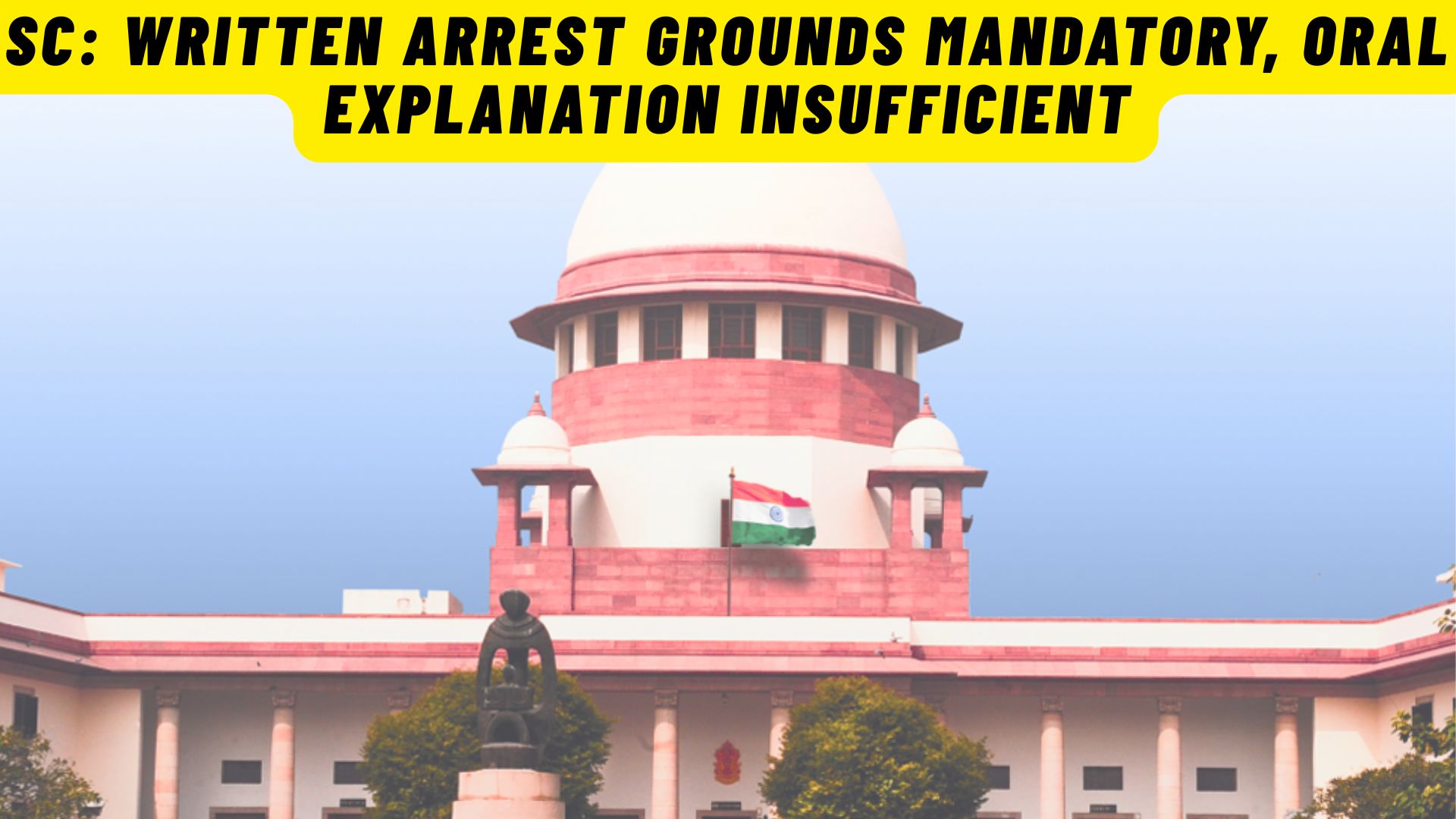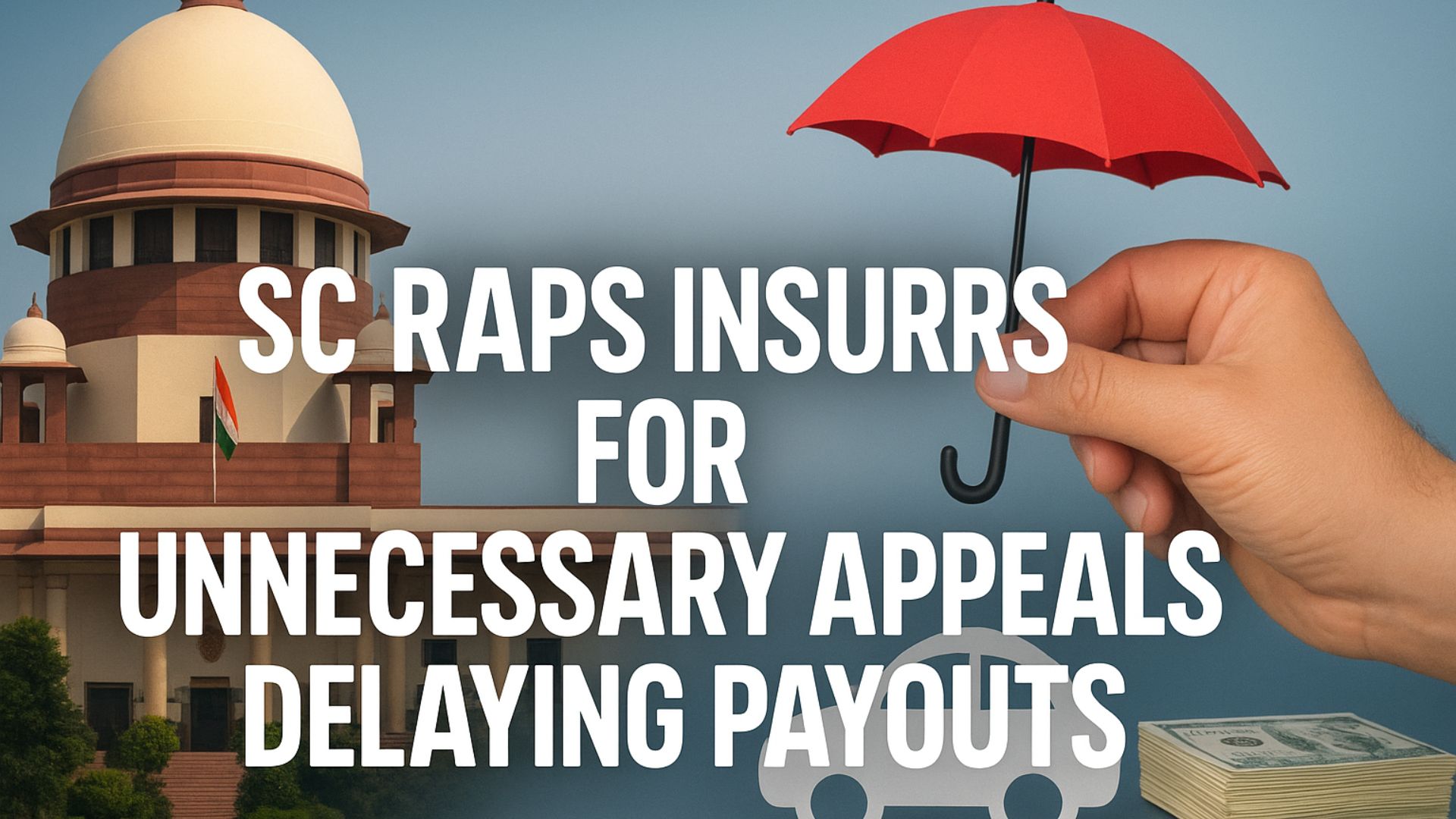Huluvadi G. Ramesh, J.@mdashAppeal is by the complainant assailing the order of the Past Track Court VI, Bangalore in Crl. A 748/2007 on
13.10.2009.
2. According to the complainant, the accused is a known person to him and had borrowed a sum of Rs. 5 lakhs during October 2003 to meet out
his financial commitments. Having promised to pay back within three weeks, the accused had issued a cheque dated 28.1.2004 drawn on Central.
Bank, Kamalanagar Branch, Bangalore. On presentation, the cheque was returned with an endorsement ''insufficient funds''. After issuing legal
notice, since the registered post sent was returned as ''left, not claimed'', complaint came to be filed. However, the accused also appeared before
the trial court subsequent to service of summons. Thereafter, learned Magistrate after holding inquiry, while not accepting the contention of the
accused that the cheque was lost and considering the case of the accused that he had not borrowed the money, however accepting the contention
of the complainant that accused was running a liquor business and for his financial constraints, he had borrowed the amount, has convicted the
accused. In the appeal preferred by the accused before the Fast Track Judge VI, Bangalore, the Fast Track Judge has acquitted the accused.
Hence, this appeal by the complainant.
3. Heard the counsel representing the parties.
4. According to the Appellant''s counsel, so far as service of notice is concerned, noting the endorsement/shara ''left, not claimed'', having regard to
the fact that the accused was very much residing there and also pursuant to the issuance of summons, he has appeared before the court, the trial
court has rightly held there is deemed service of notice. Further according to the Appellant, the accused is a known person to the complainant and
had borrowed the amount towards his liquor business. Nothing has been stated by the accused about the loss of cheque and he has not adduced
evidence in this regard. Having taken note of the fact that it is not a case of stop payment and the dishonour of the cheque was due to insufficient
funds and, the cheque issued by the accused was from his account and it was duly signed by him, the trial court has rightly convicted the accused
but, the appellate court giving a different reasoning, has lightly interfered with the order.
5. Per contra, counsel for the accused submitted that the trial court has ignored the judgment of the Apex Court regarding service of notice and
there is no such service of notice and no material is placed by the complainant regarding the residence of the accused, However, the appellate
court has rightly noted there is no due service of notice and also, has held that the accused is not liable to make payment. It is also noted, there is
no relationship between the complainant and the accused and the postal authorities have also not been examined. Accepting the contention of the
accused that he had left the address much prior to the service of notice and was not residing there and that he had sold the house and noting that if
the accused had left the address, there was no question of endorsing that it was not claimed, the appellate court has dismissed the complaint and
acquitted the accused, which order according to the learned Counsel, does not call for interference.
6. On perusal of the judgment of the lower appellate court, it is noticed that the Fast Track Judge has observed that the complainant has to prove
his case on his own leg and he cannot be entitled for the relief on the evidence of the accused and the primary burden lies on the complainant to
show that accused had issued the cheque in respect of a legally recoverable debt and, if the complainant discharges the burden, then the burden
shifts on the accused to rebut the same. The lower appellate court has also relied upon the decision in Krishna Janardhana Bhat''s case to hold that
the burden is on the complainant and not the accused. Learned Fast Track Judge has also opined that in the absence of any documentary evidence
for having lent the amount of Rs. 5 lakhs to the accused, the order of the Magistrate does not sustain.
7. In the case of Rangappa Vs. Sri Mohan, , the Apex Court has held that it is for the accused to discharge the burden, as a negative onus, that the
cheque was not issued towards a legally enforceable debt, which the Respondent/accused in the case on hand, has not done. The lower appellate
court has dealt with the matter stating that there is no proof of service of notice and sufficient material is not produced by the complainant regarding
the transaction of lending Rs. 5 lakhs to the accused.
8. The trial court having noted that the accused failed to rebut the presumption and also noting that the notice was returned as ''not claimed'' has
held that the liability is on the accused. So far as service of notice is concerned, of course even assuming that there is no proper service of notice or
there is irregularity, the fact remains that the accused appeared before the court on receiving the summons. The accused also has not offered any
plausible and acceptable explanation that he had not issued the cheque and there is no relation between the complainant and himself. The cheque is
issued by the accused duly signed and no such reason has been offered to discard the cheque which is available with the complainant. In the
circumstances, when the accused foiled to rebut the presumption available u/s 139 of the Negotiable Instruments Act, he has to be held guilty of
the offence.
9. Accordingly, appeal is allowed. Impugned order of the lower appellate court is set aside. Accused is convicted to pay Rs. 5 lakhs within six
months failing which, he has to undergo simple imprisonment for two months

